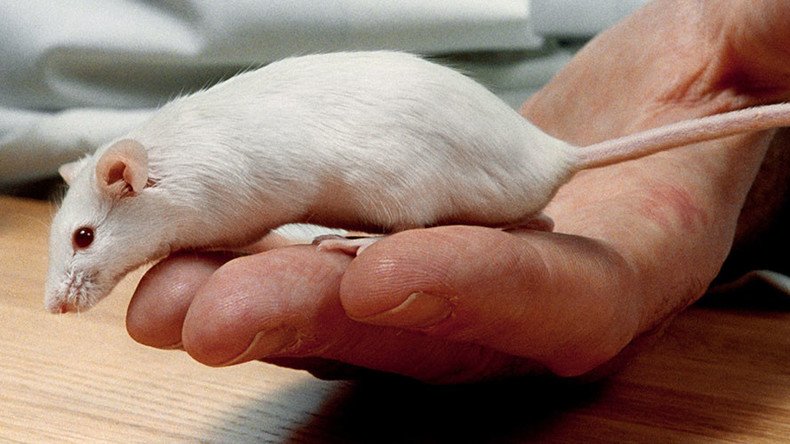Scientists restore hearing in deaf mice using advanced gene therapy

Scientists have restored hearing in deaf mice down to a whisper using an improved gene therapy in what is being described as a “landmark” study with “unprecedented” results.
A research team from the Boston Children’s Hospital initially conducted a study with Harvard Medical School in 2015 that restored rudimentary hearing in genetically deaf mice using gene therapy.
In this new study, however, the Boston team managed to restore hearing in deaf mice down to 25 decibels - or the equivalent of a whisper - using an advanced gene therapy developed at Massachusetts Eye and Ear.
The team said they sought to advance gene therapy to treat genetic deafness as there is currently no biological treatments for hearing loss.
“We focused on Usher syndrome, a devastating genetic disorder that causes blindness, balance disorders and profound deafness,”read the study, published in Nature Biotechnology Monday.
Using a synthetic adeno-associated viral vector, the team transduced 80-90 percent of sensory hair cells, resulting in a “recovery of gene and protein expression, restoration of sensory cell function, rescue of complex auditory function and recovery of hearing and balance behavior to near wild-type levels.”
The end result of the study saw an “unprecedented recovery of inner ear function” that suggests the biological therapies may be suitable to treat deafness in humans with genetic inner ear disorders.
"With more than 100 genes already known to cause deafness in humans, there are many patients who may eventually benefit from this technology,"said Dr. Konstantina Stankovic, a senior investigator in the first study with Harvard Medical School.
READ MORE: Rat-mouse interspecies transplant brings hope human organs could be grown in animals
The next step toward treating human patients is to test the gene therapy in larger animals.
"This is a landmark study,"says Dr. Jeffrey R. Holt, director of otolaryngology research at Boston Children's Hospital, and co-author on the paper.
"Here we show, for the first time, that by delivering the correct gene sequence to a large number of sensory cells in the ear, we can restore both hearing and balance to near-normal levels."













